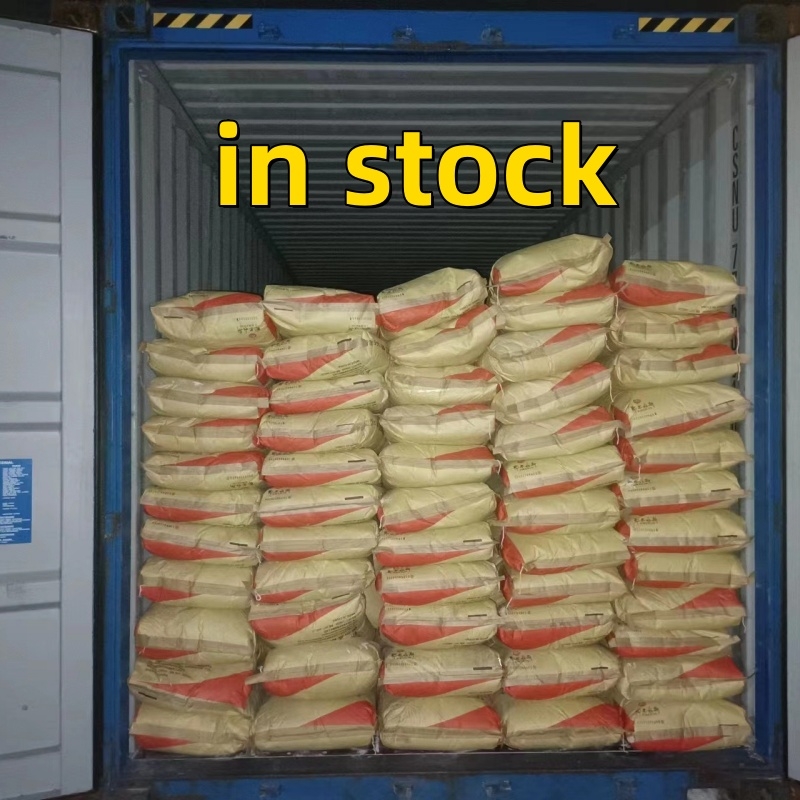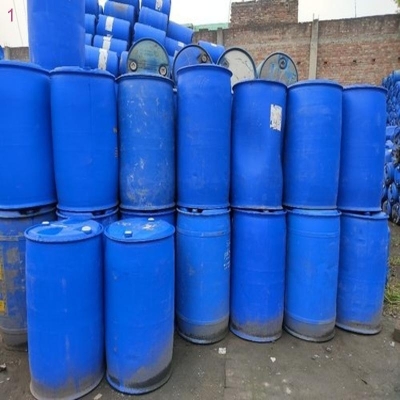-
Categories
-
Pharmaceutical Intermediates
-
Active Pharmaceutical Ingredients
-
Food Additives
- Industrial Coatings
- Agrochemicals
- Dyes and Pigments
- Surfactant
- Flavors and Fragrances
- Chemical Reagents
- Catalyst and Auxiliary
- Natural Products
- Inorganic Chemistry
-
Organic Chemistry
-
Biochemical Engineering
- Analytical Chemistry
-
Cosmetic Ingredient
- Water Treatment Chemical
-
Pharmaceutical Intermediates
Promotion
ECHEMI Mall
Wholesale
Weekly Price
Exhibition
News
-
Trade Service
Since the advent of shale oil in the United States, the large-scale exploitation of this unconventional energy source has made the United States a large importer of oil and gas
.
Saudi Arabia and other Arab countries once tried to stifle shale oil
through low oil prices.
After all, the cost of hydraulic fracturing for shale oil is high, and the cost of producing oil in Gulf countries such as Saudi Arabia is extremely low
.
If Saudi Arabia succeeds in this move, shale oil will be greatly damaged, and international oil prices will recover quickly after a
downturn.
But people are not as good as heaven, the weakness of the world economy has compressed oil demand, and the intrigue within OPEC has made the unity impossible
.
The situation of oversupply has prompted international oil prices to fall to the lowest level
since the financial crisis.
Goldman Sachs even predicted that oil prices could fall further to $20 a barrel
.
For a long time to come, oil and gas will remain the main source
of power for human society.
Arab energy weapons have temporarily lost their power, but they are unlikely to make a
comeback.
For major energy importers, it is imperative to seize the current favorable opportunity of low oil prices, accelerate strategic reserves, promote energy and economic transformation, take the road of low-carbon development, and prepare for new energy crises
in the future.
Since the advent of shale oil in the United States, the large-scale exploitation of this unconventional energy source has made the United States a large importer of oil and gas
.
Saudi Arabia and other Arab countries once tried to stifle shale oil
through low oil prices.
After all, the cost of hydraulic fracturing for shale oil is high, and the cost of producing oil in Gulf countries such as Saudi Arabia is extremely low
.
If Saudi Arabia succeeds in this move, shale oil will be greatly damaged, and international oil prices will recover quickly after a
downturn.
But people are not as good as heaven, the weakness of the world economy has compressed oil demand, and the intrigue within OPEC has made the unity impossible
.
The situation of oversupply has prompted international oil prices to fall to the lowest level
since the financial crisis.
Goldman Sachs even predicted that oil prices could fall further to $20 a barrel
.
For a long time to come, oil and gas will remain the main source
of power for human society.
Arab energy weapons have temporarily lost their power, but they are unlikely to make a
comeback.
For major energy importers, it is imperative to seize the current favorable opportunity of low oil prices, accelerate strategic reserves, promote energy and economic transformation, take the road of low-carbon development, and prepare for new energy crises
in the future.







